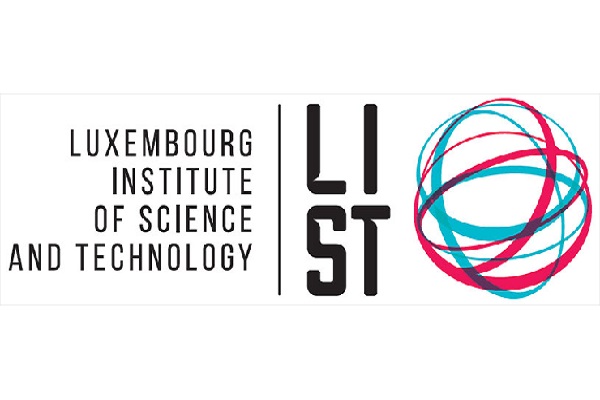
On Thursday 19 October 2023, the Luxembourg Institute of Science and Technology (LIST) announced it will coordinate a project on 6G mobile networks funded by the Smart Networks and Services Joint Undertaking (SNS JU) under the Horizon Europe programme.
The project, entitled 6G-TWIN, is one of the 27 new research and experimentation initiatives selected from the second SNS JU call for proposals, which will start operating from 1 January 2024. Founded in 2021 under the authority of the European Commission, SNS JU serves as the cornerstone for supporting the advancement of intelligent communication elements, systems and networks. According to LIST, these elements hold a key position in the establishment of a superior European supply chain for state-of-the-art 5G and the forthcoming 6G technologies.
The rapid integration of digital technology into sectors such as transportation and manufacturing has heightened the demand for effective communication and computational services. Consequently, the adoption of pioneering strategies for 6G architecture becomes necessary, with the objective of surpassing the current capabilities of 5G, LIST noted.
“Each generation of mobile technology takes roughly a decade to evolve from conception to commercial deployment,” explained Sébastien Faye, 6G-TWIN project coordinator. “Starting from the first generations, which brought basic cellular connectivity, through 5G, which facilitates revolutionary applications like connected and automated mobility, each iteration introduces new capabilities to meet a demand that is continually growing. Networks are becoming increasingly complex and distributed, requiring a large variety of technologies to operate. With 6G, which is now on the horizon for around 2030, it is essential to design, experiment and standardise new network architectures with more intelligence and automation - which is what we will be proposing in this project.”
European 6G roadmaps emphasise the adoption of an AI-native management system for complex networks. According to LIST, these networks must be sustainable, energy-efficient and adaptable to various services and business models. Achieving a uniform communication and computing framework requires unconventional approaches, in addition to cooperation among standardisation groups and industry leaders to enable practical market integration.
To achieve this, the 6G-TWIN consortium “will explore the concept of Network Digital Twinning (NDT) and its integration into future 6G systems”, said Sébastien Faye. Creating a real-time digital replica of the physical network infrastructure (i.e., NDTs) means creating a sandbox in which it is possible to train models and test different scenarios before deploying them on physical network controllers. “6G will enable real-time interaction between physical networks and these digital copies, with the aim of optimising various parameters, anticipating failures, improving energy efficiency and so on,” he added, “thus paving the way for highly efficient and intelligent networks.”
The project also includes plans to create demonstrators that validate the concepts developed, added Dr Faye. These demonstrators encompass teleoperated driving and energy-efficient network distribution. “By exploring these real-world applications, the project will not only contribute to the theoretical advancement of 6G but also demonstrate its practical feasibility – thanks to a wide range of expertise from the eleven project partners.”
The 6G-TWIN consortium is made up of multiple partners, ranging from universities and research centres (IMEC, Politecnico di Bari, Technische Universität Dresden, Université de Bourgogne) to SMEs (Accelleran, Research to Market Solution France, Ubiwhere) and large industrial entities (Ericsson Araştırma Geliştirme ve Bilişim Hizmetleri A.Ş., Proximus Luxembourg, VIAVI Solutions). From Luxembourg, the collaboration includes Proximus Luxembourg/Telindus, with whom LIST already has a collaboration agreement on the development of business use-cases based on advanced connectivity.
With a comprehensive budget of €4 million allocated over a three-year period, this undertaking showcased the European Commission's dedication to promoting innovation and research that will influence the trajectory of wireless communication. Within LIST, it represented another stride towards establishing a centre of excellence centred on Digital Twin Technologies, the company emphasised.








